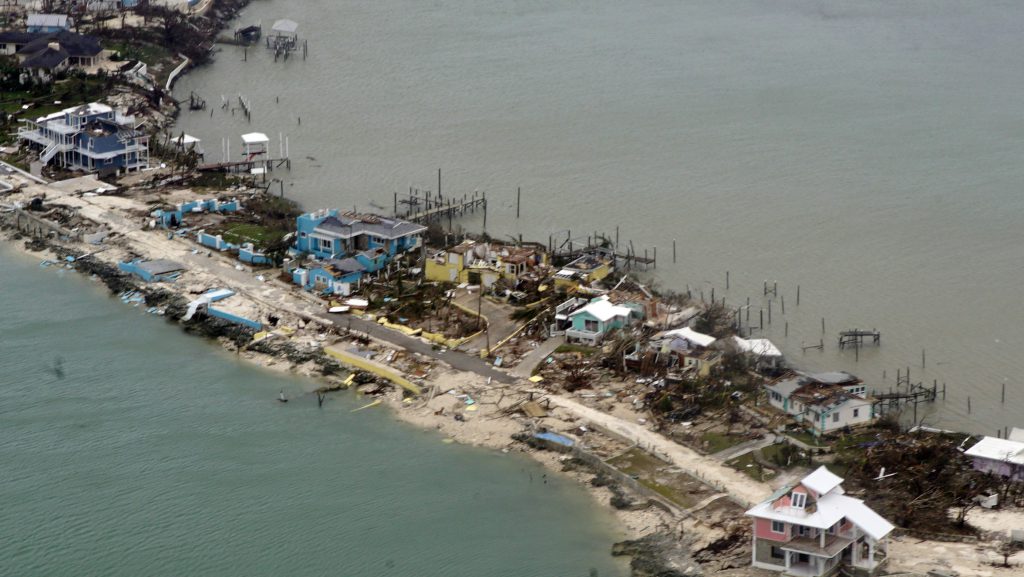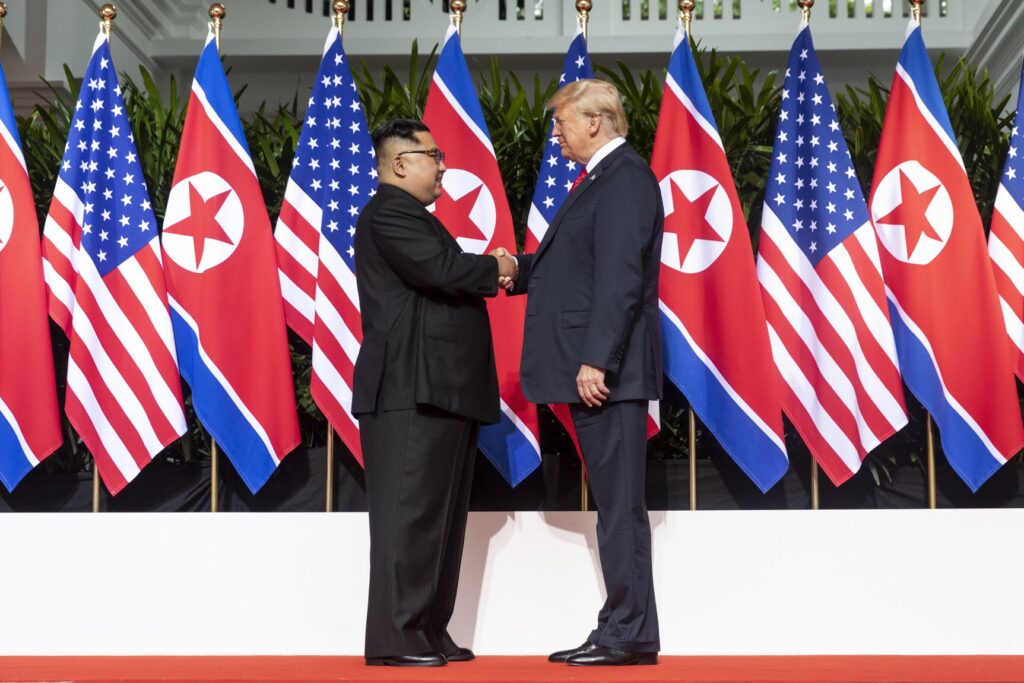By Clarissa Olson Posted December 20, 2019
Can you believe it’s almost been another year? Maybe your 2019 resolutions didn’t go anywhere, but the world of news sure did. From dangerous crazes to weather, fires, politics, entertainment, sports, and medicine, this year we’ve been progressing in every direction imaginable.
As a high schooler, vaping seems to be among the most pervasive of topics, and it’s not going without consequence. The first vaping-related death was reported on August 23. Now the death toll stands at 33. Researchers are discovering that vaping causes serious lung disease and injury, contributing to 1,479 cases of lung disease just in the six months between April and October. On September 12, the CDC announced its disapproval of THC-related products such as e-cigarettes, and the nation responded. This year, states such as Rhode Island, Washington, Oregon, and Montana have moved to abolish the sale of flavored e-cigarette products, while Michigan, Massachusetts, and the city of San Francisco have banned e-cig sales altogether. On September 13, President Trump announced that the Federal Government would be working to remove such products from the market.
The 2018-2019 winter was chart-topping in the United States. According to NORAD, this was the wettest on record, with total precipitation reaching 9.01 inches (2.22 inches above average). Several cities experienced record snowfall in February. Seattle reached 20.2 inches, Pendleton, Oregon 32.5 inches, Minneapolis 39.0 inches, Rochester, Minnesota 40.0 inches, and Eau Claire, Wisconsin accumulated 53.7 inches. Flagstaff, Arizona called a state of emergency on January 22 after a record snowfall of 35.9 inches. Several California highways were shut down in January, including Interstate 5.

American winter in 2019 also endured extreme cold temperatures, with more than half of the United States below freezing on January 28. By then, 21 people had already been killed by the cold.
The United States’ wet weather extended well into spring, launching the country into an era of blockbuster flooding. States along the Missouri River experienced $2.9 billion in property damage and flooding in more than a million acres of farmland. In the deep south, some regions saw over a foot of rainfall in June.
Unfortunately, this wasn’t even the most notable weather to hit the United States in 2019. Florida, Georgia, North Carolina, South Carolina, and Virginia all declared states of emergency in preparation for Hurricane Dorian in late August. When Dorian hit land in the Bahamas on September 1, it was the strongest tropical cyclone on record to do so, and soon became the worst natural disaster in the country’s history. 61 were presumed dead, but as of October 4, 400 people were still missing. Dorian reached sustained wind speeds of 185 mph, launching it to a tied first place for the highest wind speeds at landfall of an Atlantic hurricane.
Despite an excess of water, the 2019 United States was plagued by something a little warmer. As of November 3, 2019 wildfires in California had burned 250,349 acres of land. Most were noted to have been caused by lightning strikes. Debates flamed over controversial power shut-offs intended to minimize fire risk.
The fires in California were just the tip of the world-wide iceberg. On December 1, 2,240,000 acres were reported to have burned in The Amazon, and the more than 40,000 fires contributing to this number continue to spread. While the general population seems to blame deforestation, Brazillian president Jair Bolsonaro insists the fires were deliberately started by environmental NGOs. On November 28, Bolsonaro went so far as to blame American actor Leonardo DiCaprio, insisting that DiCaprio’s donations to the NGOs sponsored the alleged arson. Initially, Bolsonaro also claimed that Brazil lacked the resources to combat the ever raging fires, but after economic threats from other countries, Brazil’s military was deployed to defend the Amazon from the flames.
On April 15, the world looked on with shock as yet another fire burned the historic Notre Dame Cathedral in Paris, France. The roofs, vaulted ceilings, and windows were destroyed, and the iconic spire collapsed. The fire is reported to have been accidental, caused by an electrical malfunction or light cigarettes.
When it comes to the political landscape, no one’s lit as many fires this year as President Trump. The federal government entered 2019 in the midst of its longest shutdown in United States History (35 days). Trump used the shutdown as a wedge to gain funding for the wall he plans to build on the Mexico border. In July, the supreme court approved the $2.5 billion reallocations from the DOD’s anti-drug funding, and an additional $3.6 billion was diverted from worldwide military construction projects in September.

In other political news, on June 30, Trump made history as the first sitting U.S. president to visit North Korea. This was the second meeting between Trump and North Korean dictator Kim Jong-un, the goal of which was to resolve nuclear missile conflict, following months of reported missile test launches.
Denuclearization efforts are also raising tensions in Iran, where the country announced on June 17 that they would be violating the terms of the Iran Nuclear Deal negotiated nearly four years prior. Trump announced that the U.S. would not be afraid to go to war with Iran if they attempted to make nuclear weapons, and an unmanned drone airstrike on Iran was planned but called off at the last minute because of the projected death toll.
On a less serious note, 2019 was a big year for Disney. In the U.S. and Canada, “Avengers: Endgame” set the record for the highest-grossing opening weekend and fastest accumulative grosses ($650 million). Disney also released its streaming program, Disney+, on November 12. Though immensely popular, the service was initially met with backlash over a coding issue that prevented many from accessing the site.

Neither denuclearization effort was successful, however, U.S. troops in Syria, achieved a small victory. On October 26, it was announced that ISIS leader Abu Bakr Al-Baghdadi was killed in a raid. His supposed heir was also killed in a second raid days later.
Simone Biles continued to carve her name in the great halls of history when she broke the record for World Championships medals won by a woman when she brought home her 21st on October 8. She is now the most decorated gymnast in World Championships history, with 25 medals.
2019 also brought many medicinal advances. In July, researchers were able to successfully remove all traces of HIV from mice in a two-step process including LASER antiretroviral therapy and gene editing. On May 31, researchers discovered a genetically modified fungus that killed 99% of Malaria transmitting Mosquitoes in trials.





